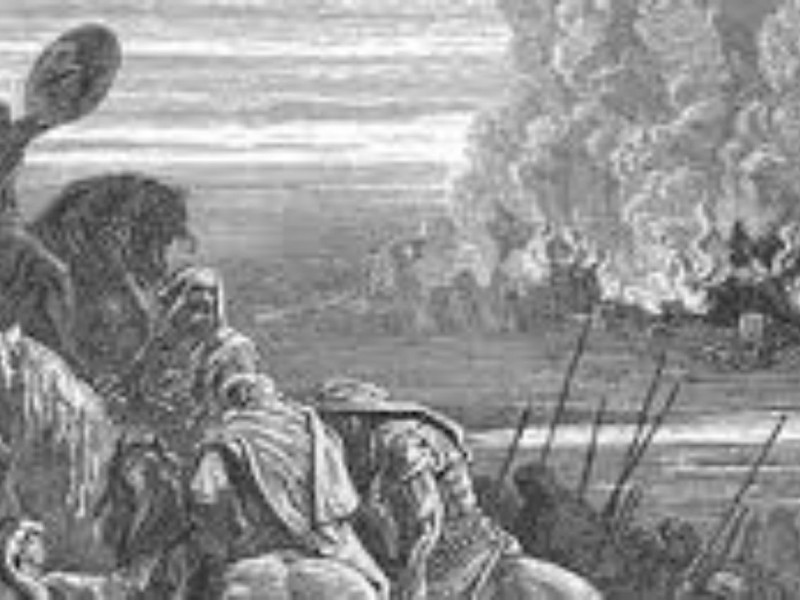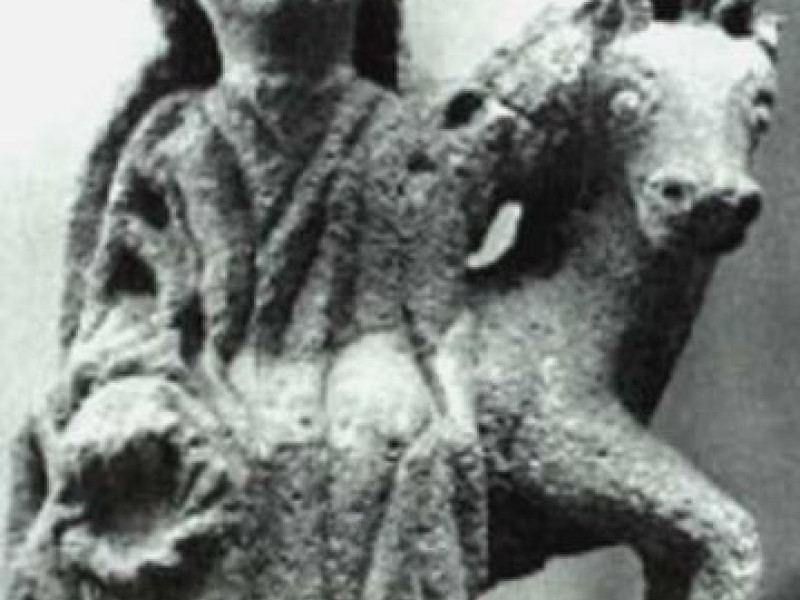Lugus
Lugus was one of the most popular deities of the Celts. Several cities were named after him, Lugdunum (Lyon) in southern France, Lugdunum Batavorum (Leiden) in the Netherlands, and Luguvallium (Carlisle) in northern England. Lugus was also worshipped in several sites on the Spanish province of Tarraconensis (including the tribes of Gallaeci, Astures, Cantabri and Celtiberians.
Lugus was the god of light or of the sun, and the Romans identified him with their god Apollo. With skills in many crafts, he was also identified with another Roman god, Mercury (Hermes).
By Jimmy Joe





